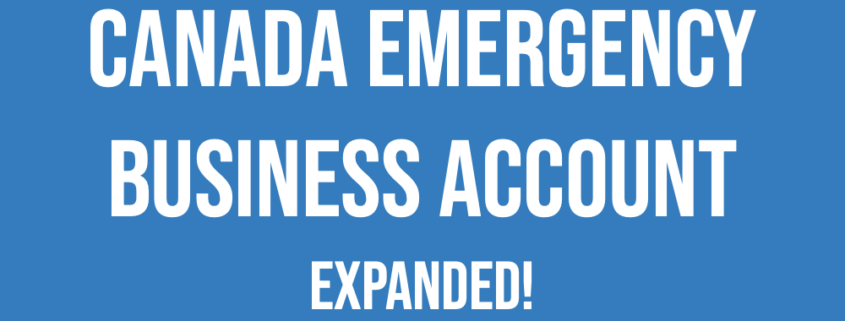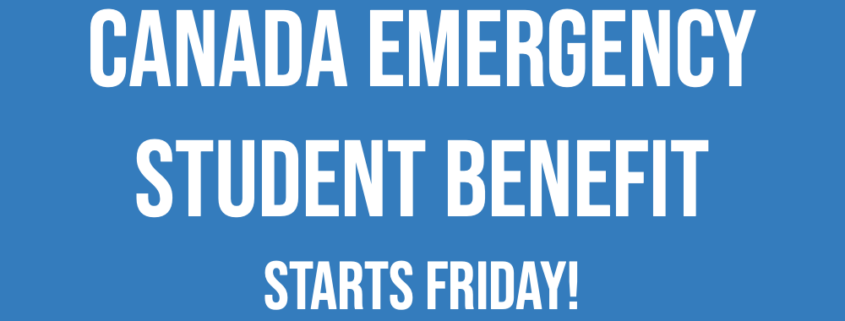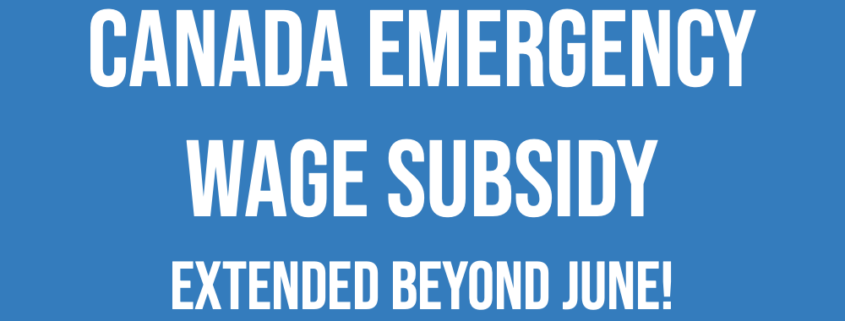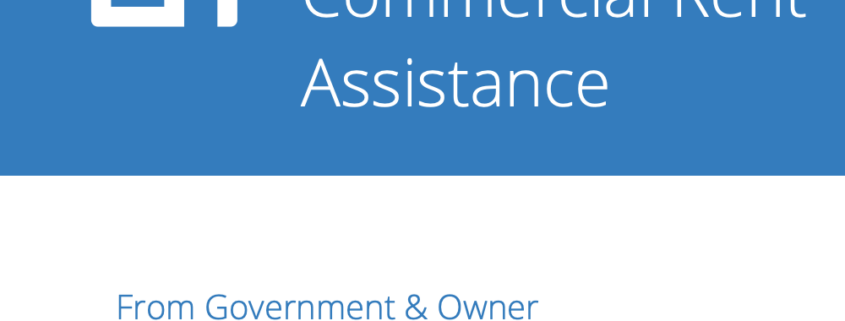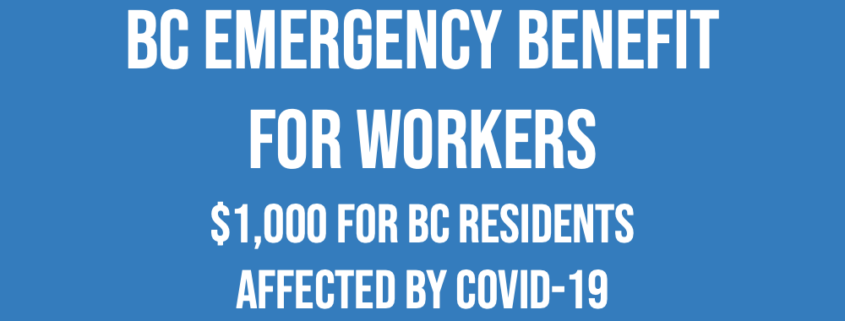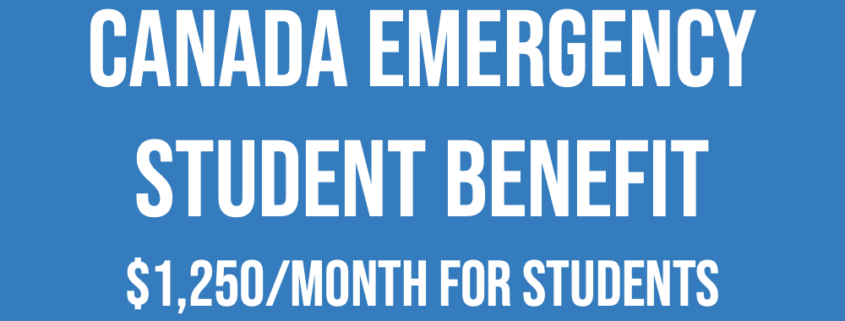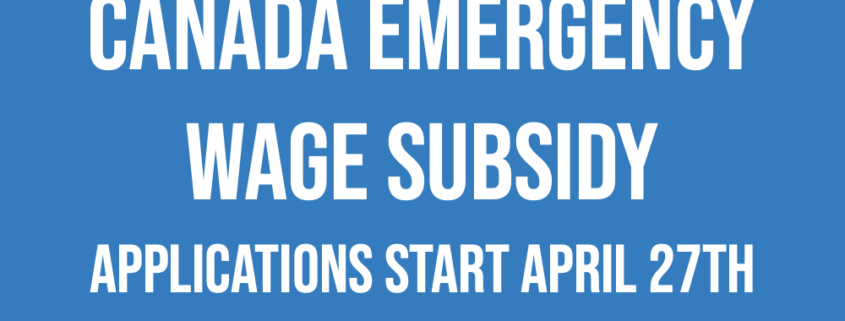Expanded eligibility for CEBA $40,000 interest-free loan
“If you are the sole owner-operator of a business, if your business relies on contractors, or if you have a family-owned business and you pay employees through dividends, you will now qualify.” – PM Justin Trudeau
Eligibility
The Prime Minister outlined the expanded eligibility for the Canada Emergency Business Account and highlighted companies such as hair salon owners, independent gym owners with contracted trainers and local physio businesses will now be eligible.
The eligible amounts are being expanded to include businesses with 2019 total payroll between $20,000 – $1.5 million.
How do I apply?
Prior to applying, please make sure you have this information readily available:
-
Canada Revenue Agency Business Number (BN 15 digits)
-
2019 T4 Summary of Remuneration Paid (T4SUM)
Apply online at the financial institution your business banks with:
-
BMO: https://www.bmo.com/small-business/financial-relief-loc/#/login?PID=MBLBC&language=en
-
National Bank: https://www.nbc.ca/forms/business/covid-emergency-account.html
-
Canadian Western Bank: https://www.cwbank.com/en/news/2020/canada-emergency-business-account-now-available (via phone/email)
There are restrictions on the funds can be used. From their website https://ceba-cuec.ca/:
“The funds from this loan shall only be used by the Borrower to pay non-deferrable operating expenses of the Borrower including, without limitation, payroll, rent, utilities, insurance, property tax and regularly scheduled debt service, and may not be used to fund any payments or expenses such as prepayment/refinancing of existing indebtedness, payments of dividends, distributions and increases in management compensation.”

